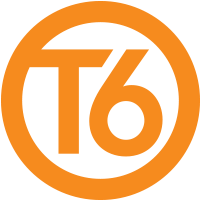Guys (and Gals)
All this talk of amps , ohms and watts goes completely over my head, so I have a question for all you knowledgeable folk on here.
I've been using a domestic kettle in the van and recently I noticed that it is giving my Clayton a bit of a battering. I was going to buy a 12V kettle, but after doing some research on the forum I decided that the best course of action would be to go for a low wattage model instead so I bought a 1.7ltr Outdoor Revolution 1000w kettle from Amazon.
Today I did a test to see how long it would take to boil 1.7 litres in the new kettle, it took just over 9 minutes.
Next I filled my 3000w domestic kettle with 1.7 litres of water and this took 3 3/4 minutes to boil.
So my question is, will running a 1000w kettle for 9 minutes use more or less electricity than running a 3000w kettle for nearly 4 minutes?
Thanks.
All this talk of amps , ohms and watts goes completely over my head, so I have a question for all you knowledgeable folk on here.
I've been using a domestic kettle in the van and recently I noticed that it is giving my Clayton a bit of a battering. I was going to buy a 12V kettle, but after doing some research on the forum I decided that the best course of action would be to go for a low wattage model instead so I bought a 1.7ltr Outdoor Revolution 1000w kettle from Amazon.
Today I did a test to see how long it would take to boil 1.7 litres in the new kettle, it took just over 9 minutes.
Next I filled my 3000w domestic kettle with 1.7 litres of water and this took 3 3/4 minutes to boil.
So my question is, will running a 1000w kettle for 9 minutes use more or less electricity than running a 3000w kettle for nearly 4 minutes?
Thanks.



